Is Medical-Grade Skincare as Trustworthy as It Sounds?
Dermatologists are here to set the record straight—and share the products they stand behind.
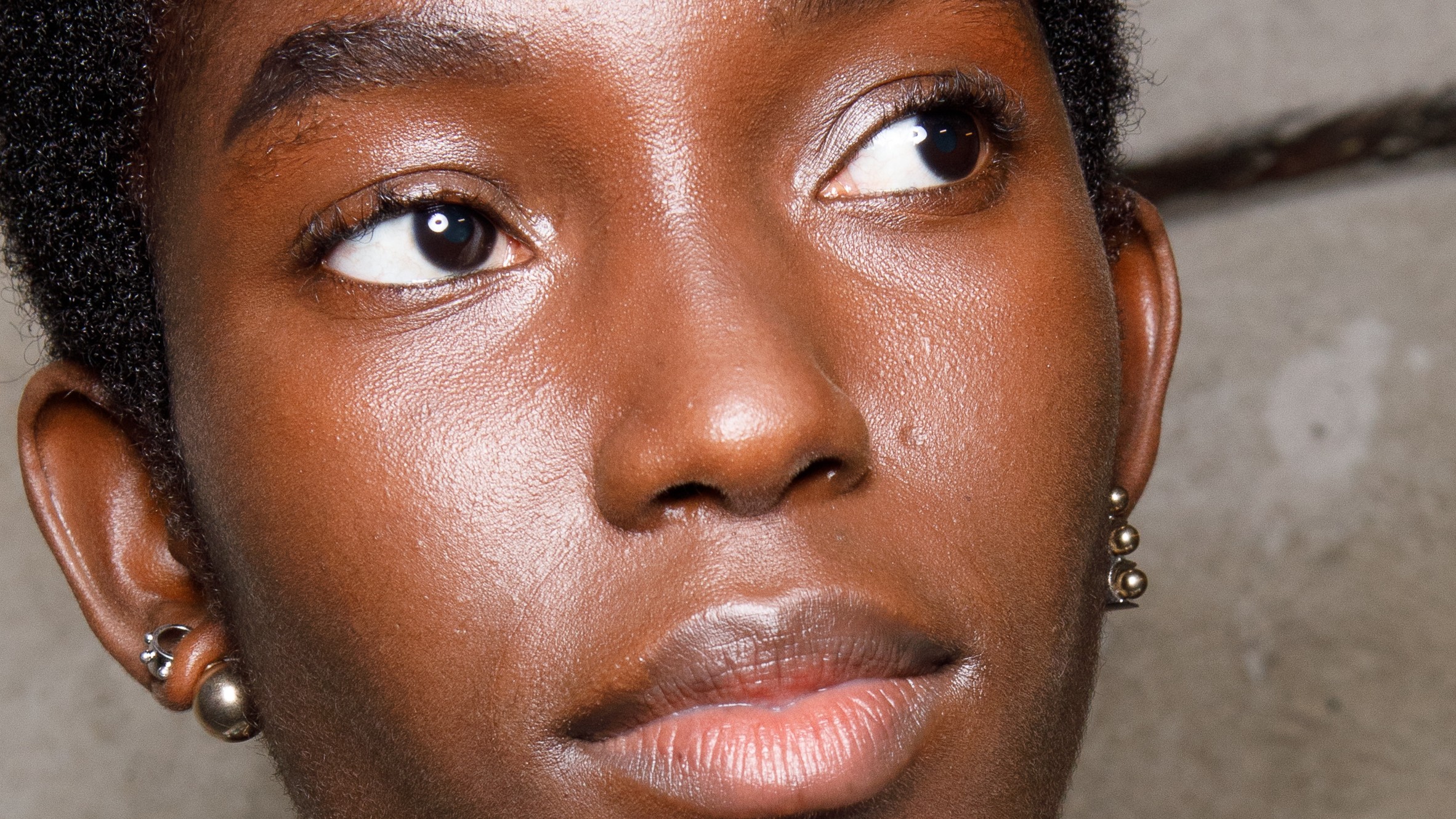

The skincare world makes a lot of empty promises. Will this new moisturizer for sensitive skin really change your life, or is it just another well-formulated cream to add to your repertoire? Is this Vitamin C serum the secret to bright skin, or is it just recommended by a filtered TikTok influencer? Then, there are labels like “medical-grade” and “dermatologist-recommended” to sift through—terms that seem to add another layer of legitimacy. But do they really?
Medical-grade skincare products aren’t officially regulated by the FDA, and technically, any cosmetic product can deploy the marketing term on their labels. Still, these products often contain the hardest-working formulas in their respective categories. Whether you’re in search of a moisturizer, a serum, or the best sunscreen, "Medical-grade skincare contains high quality ingredients that are based on scientific evidence. This includes clinical studies and research to show efficacy and safety," Dr. Jennifer Levine, a world-renowned facial plastic surgeon, tells Marie Claire.
SkinSpirit Master Aesthetician Magdaline Granados goes so far as to call medical-grade items “the VIP of skincare products.” "They're designed to target specific skin issues like acne, wrinkles, or dark spots,” she adds.
Surgeons, dermatologists, and aestheticians are trained and licensed to understand every layer of your skin, which means they are especially knowledgeable about ingredients and formulas that bring results. When a professional isn’t on speed dial to make tailored recommendations, products labeled medical-, professional-, or clinical-grade at least have the testing to back up their skin-saving promises.
Ahead, Marie Claire consults the experts for more in-depth information on medical-grade skincare: what it is, what it isn't, and which products are worth trying.
What Is Considered Medical-Grade Skincare?
If a brand comes with a medical-grade label, it usually checks the following boxes:
- Ingredients: Medical-grade skincare products are usually formulated with strong concentrations of ingredients that have been vetted by medical professionals, including peptides, AHAs, and BHAs. They have likely been shown to address specific skin issues, from blemishes and fine lines to texture and brightness. "They are designed to penetrate deeper into the skin and often deliver more dramatic results," says Dr. Ira L. Savetsky, an aesthetic plastic surgeon.
- Studies: Medical-grade skincare brands have often been subjected to rigorous clinical studies. Still, it's important to pay attention to the exact testing that's going on. A "This product made my skin softer, yes or no" question is more subject to bias than a scientist measuring exact pore sizes.
- Professionals still rule: Picking up a product that's labeled medical-grade isn't a replacement for seeing a professional about your skin. It's also important to note that, while these products might be effective, some ingredients require a little extra supervision while they're being used.
How Is Medical-Grade Skincare Regulated?
For the most part, medical-grade skincare goes through strict testing to vet its quality and effectiveness. But there's a catch: the FDA itself doesn't regulate the "medical-grade" label. Any brand can technically call themselves medical-grade, which is why it's important to read the studies and talk to the professionals.
Medical-grade skincare still falls under the category of "cosmetics" in the FDA's eyes. Meaning, medical-grade brands can't officially say their products work differently than your over-the-counter products.
In order to make sure you're getting the best products, Dr. Levine suggests purchasing your medical-grade skincare through a doctor's office or medical provider. This ensures that first, you're not receiving counterfeit products, and second, that the "medical-grade" label is backed by an expert.
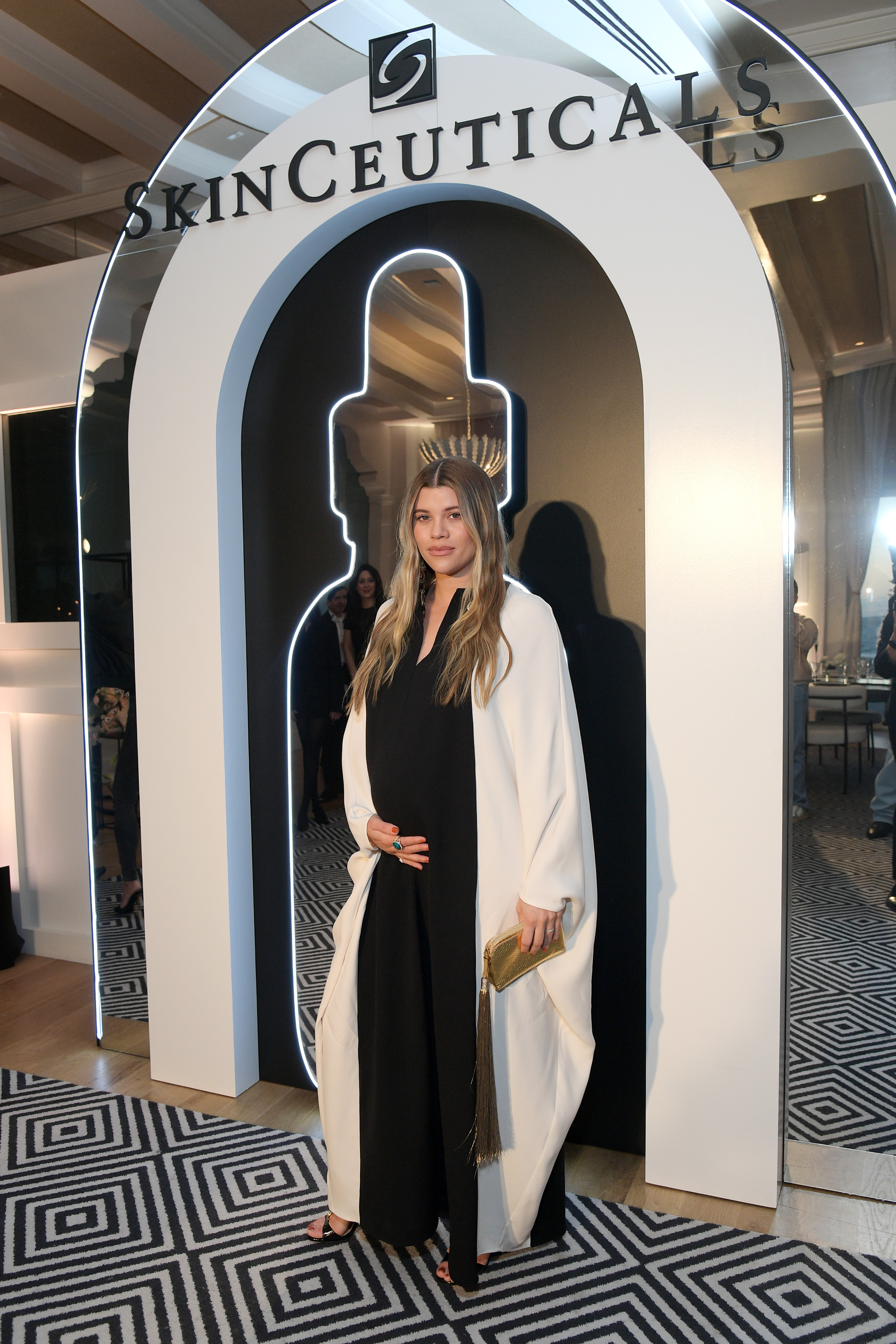
Sofia Richie Grainge at a party celebrating her collaboration with medical-grade skincare brand SkinCeuticals.
What Are the Best Medical-Grade Skincare Brands?
Plenty of medical-grade brands on the market are exactly what they claim to be. One beloved company is SkinCeuticals, creator of cult-favorite face serums and retinol creams adored by editors, celebrities, and dermatologists alike. Longtime user Sofia Richie Grainge became an ambassador for the brand in early 2024.
As Granados mentioned, every product in the line has been extensively researched and clinically tested to ensure excellent results. It's also committed to transparency, offering online a full list of their pharmaceutical-grade ingredients and information on the science behind key players. Marie Claire editors even tested and reviewed the best SkinCeuticals products in a dedicated guide.
Another worth browsing is Revision Skincare, the go-to at my own esthetician's office (I'm a big fan of their Intellishade Clear SPF). Granados also recommends Plated SkinScience, a new line of shelf-stable exosomes products, SkinBetter Science, ColorScience, Alastin, ZO Skin Health, and SkinMedica for a range of problem-solving, expert-vetted products. For dermatologist-recommended SPFs, EltaMD is the definitive choice.
Below, dermatologists and editors ID their top-rated essentials with a medical-grade label.
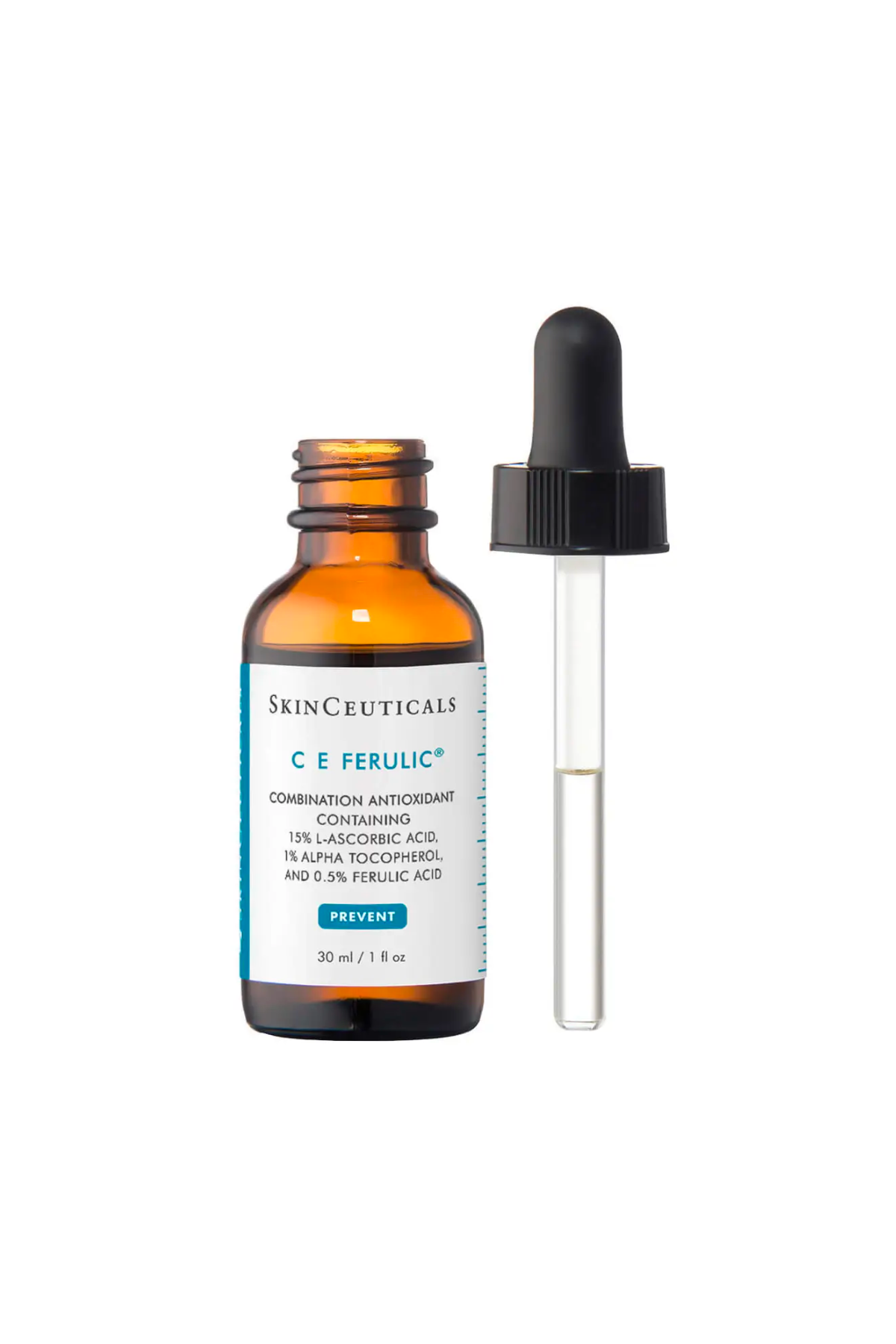
SkinCeuticals C E Ferulic Serum is a beloved product that features 15 percent pure Vitamin C (L-Ascorbic Acid) to give skin a youthful look, brighten, and help protect against oxidative stress.
Pros: Firming; Boosts skin's radiance; Great for all skin types; Reduces the look of fine lines and wrinkles; Protects against free radicals
Cons: Some reviewers note a strong smell
Customer Review: "I use a few drops in the morning after I wash my face, the Vitamin C goes on smoothly and absorbs quickly, gives your face a nice glow. This product is recommended by plastic surgeons and dermatologists . It is pricey but a bottle does last several months." — Dermstore
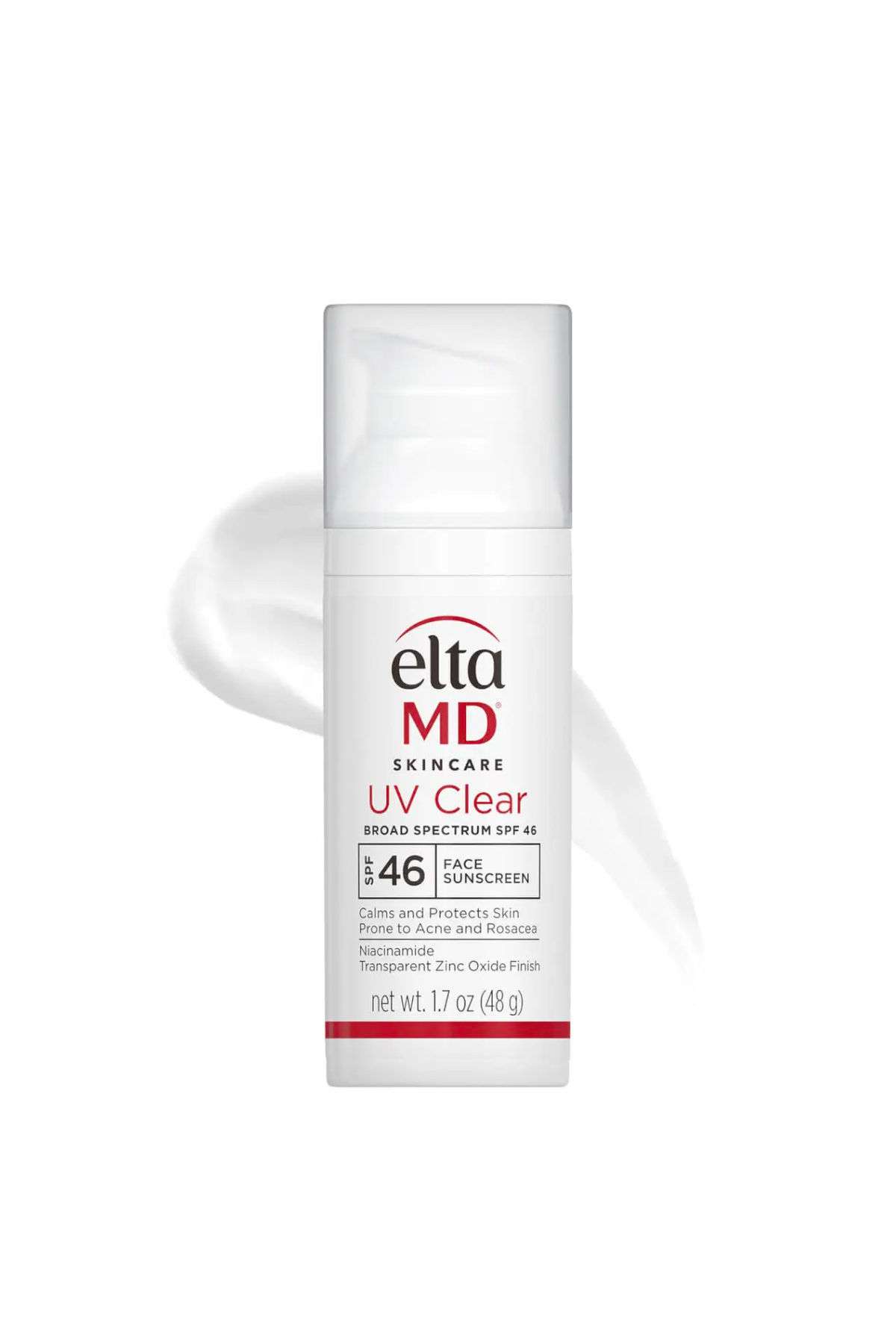
Marie Claire editors named EltaMD's UV Clear Broad-Spectrum SPF one of their favorite sunscreens of 2024. And if you asked your favorite dermatologist about their favorite sunscreen, they'd likely give you the same answer. Safe for acne-prone skin, this SPF is infused with a small dose of lactic acid to keep pores clear.
Pros: Oil-free; Invisible
Cons: None
Customer Review: "I have been using this for years and every time I try something new, I immediately regret not sticking to this. It is absolutely amazing. No oily feeling, lightweight, silky and the perfect sunscreen." — Dermstore
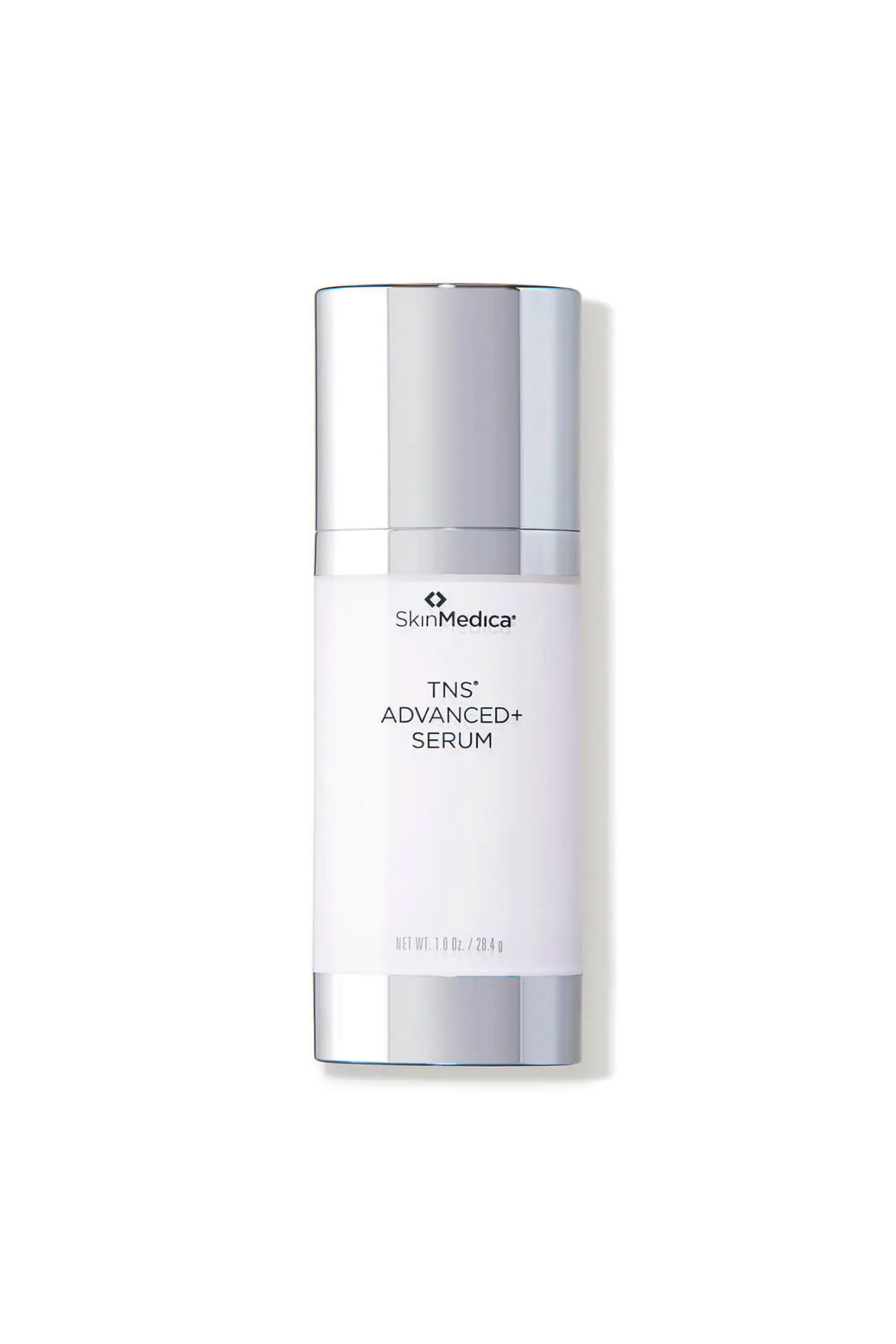
SkinMedica is one of beauty editors' favorite luxury skincare brands; its AHA/BHA Exfoliating Cleanser is a cult-classic that was recognized in the 2023 Marie Claire Skin Awards. Both Dr. Levine and Granados called out the TNS Advanced+ Serum, a powerful serum that targets fine lines, wrinkles, and sagging skin, as one of their favorite medical-grade skincare products. "It is the only product with clinical evidence to tighten and lift the skin," Dr. Levine says. A clinical study showed visible results in just two weeks, with progressive improvements measured over 24 weeks.
Pros: Fragrance free; Luxurious texture
Cons: None
Customer Review: "The SkinMedica TNS Advanced+ Serum is my can't-live-without-it part of my skin care routine! I'm completely addicted to this serum for how smooth it makes my skin feel. Just last night I got three compliments about my complexion, which used to be problematic with dry, ruddy [crepey] skin. Highly recommend this serum to improve appearance of aging skin!" — Dermstore
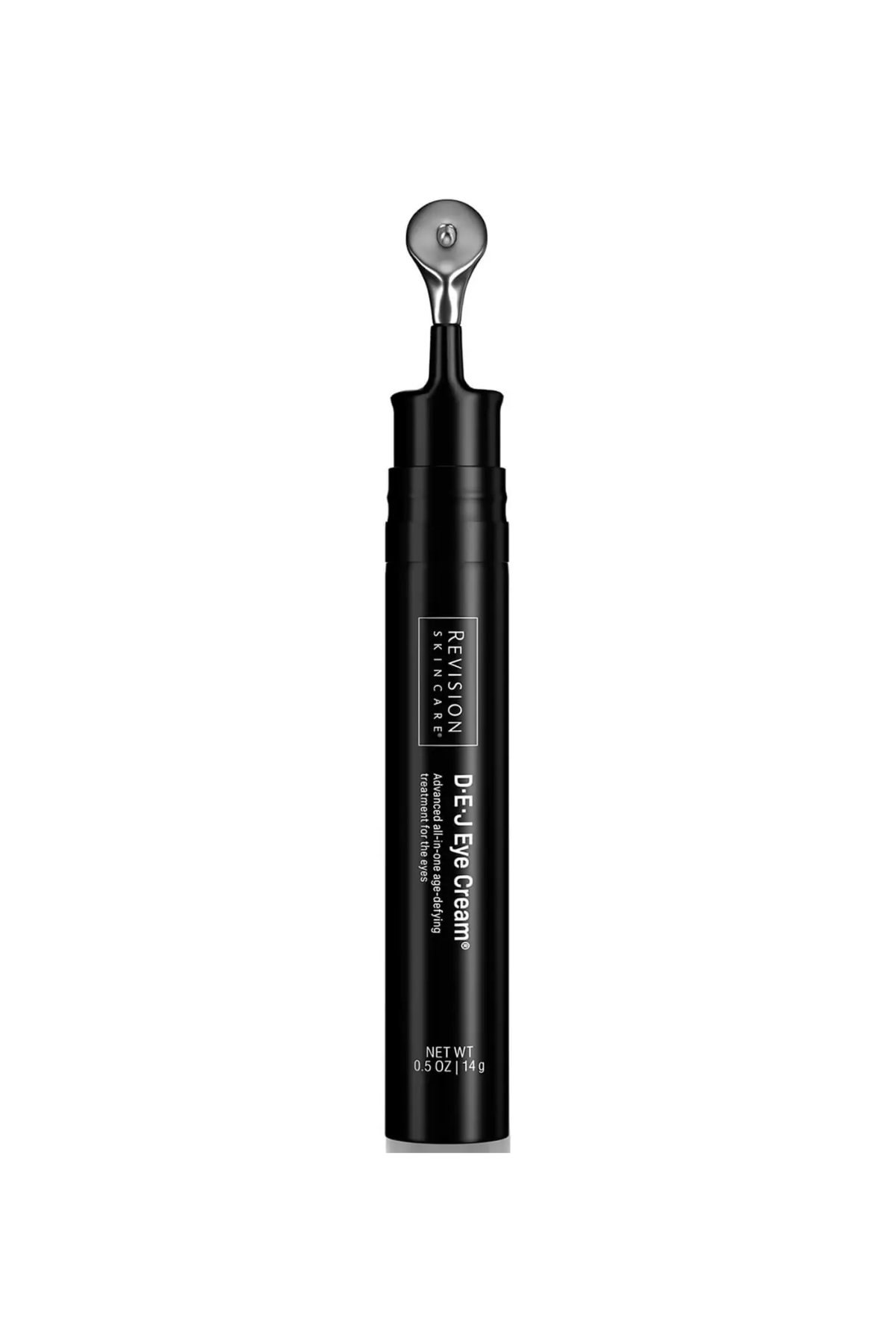
In case you missed it, Revision Skincare's D.E.J. Night Eye Cream was "highly commended" in Marie Claire's 2023 Skin Awards. Shown to renew the total eye area (including the eyelids!) in as early as four weeks, this cream features Alpha-Glucan Oligosaccharide, which enhances the skin’s natural ability to balance and diversify its own microbiome. Plus, I just love how it feels.
Pros: De-puffs; Great applicator
Cons: None
Customer Review: "Everyone says the only thing to fix bags under eyes is moisturizing and getting enough sleep. AND THIS. I have terrible, puffy, discolored bags under my eyes and this has made them much less noticeable. I will continue to buy and recommend to others. Yes, it's expensive, but less expensive than spending money on products that don't work." — Dermstore
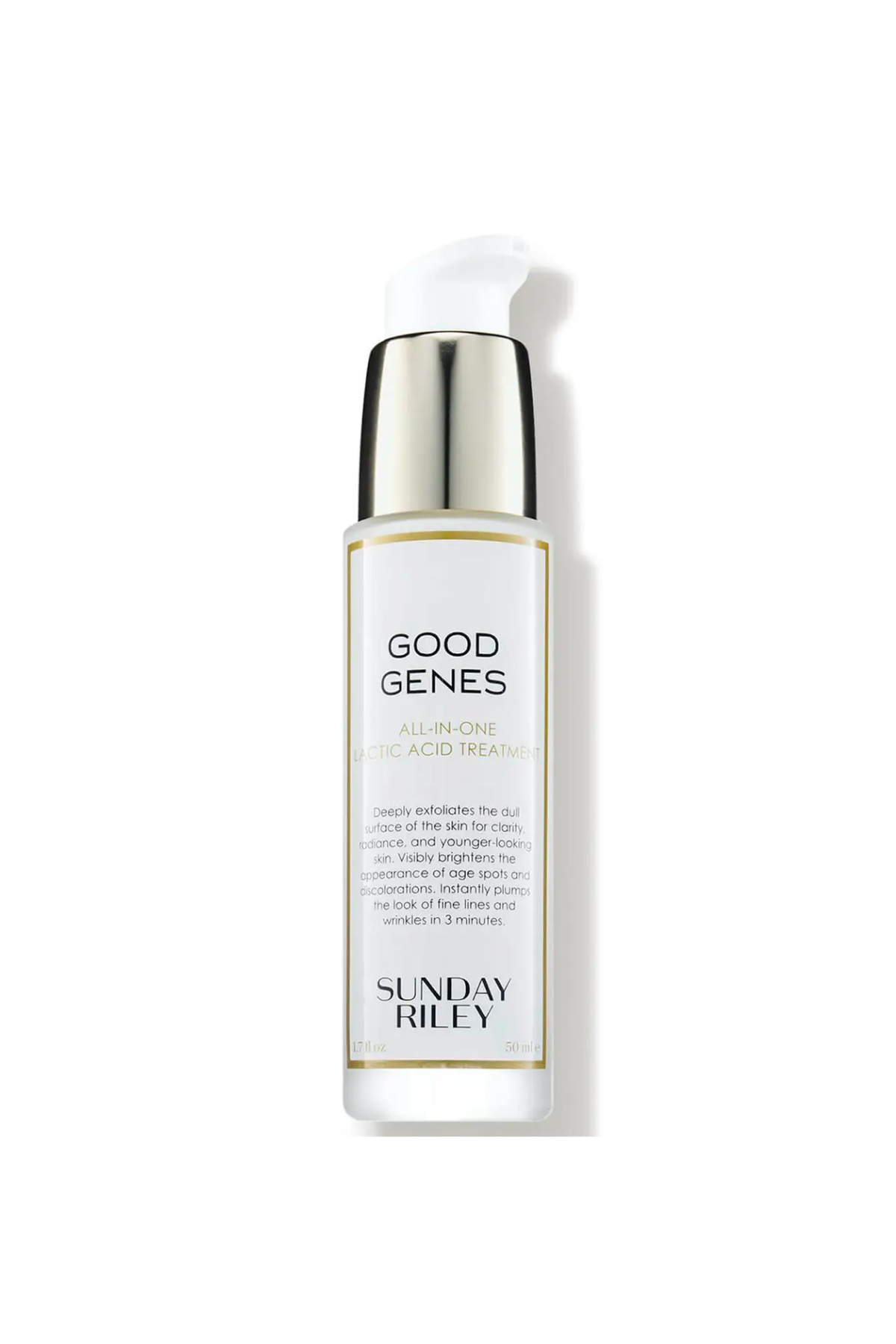
To put it lightly, Good Genes is an exfoliating superstar, targeting pores, dark spots, and fine lines. In a clinical test (with results obtained via profilometry analysis), the lactic acid treatment was proven to significantly improve the appearance of lines and wrinkles in three minutes. When I immediately feel a little more radiant every time I use this serum, I'm not kidding.
Pros: Smells great; Effective
Cons: None
Customer Review: "My complexion is very oily, with flaky patches of dry skin, hyperpigmentation, and clogged pores. After using Good Genes nightly for a week, the layers of dead skin are gone, my dark spots have lightened considerably, my pores are clearing and my skin is moisturized and soft. I rarely write reviews, but I am so impressed by this product I had to share. I wish I had discovered this years ago." — Dermstore
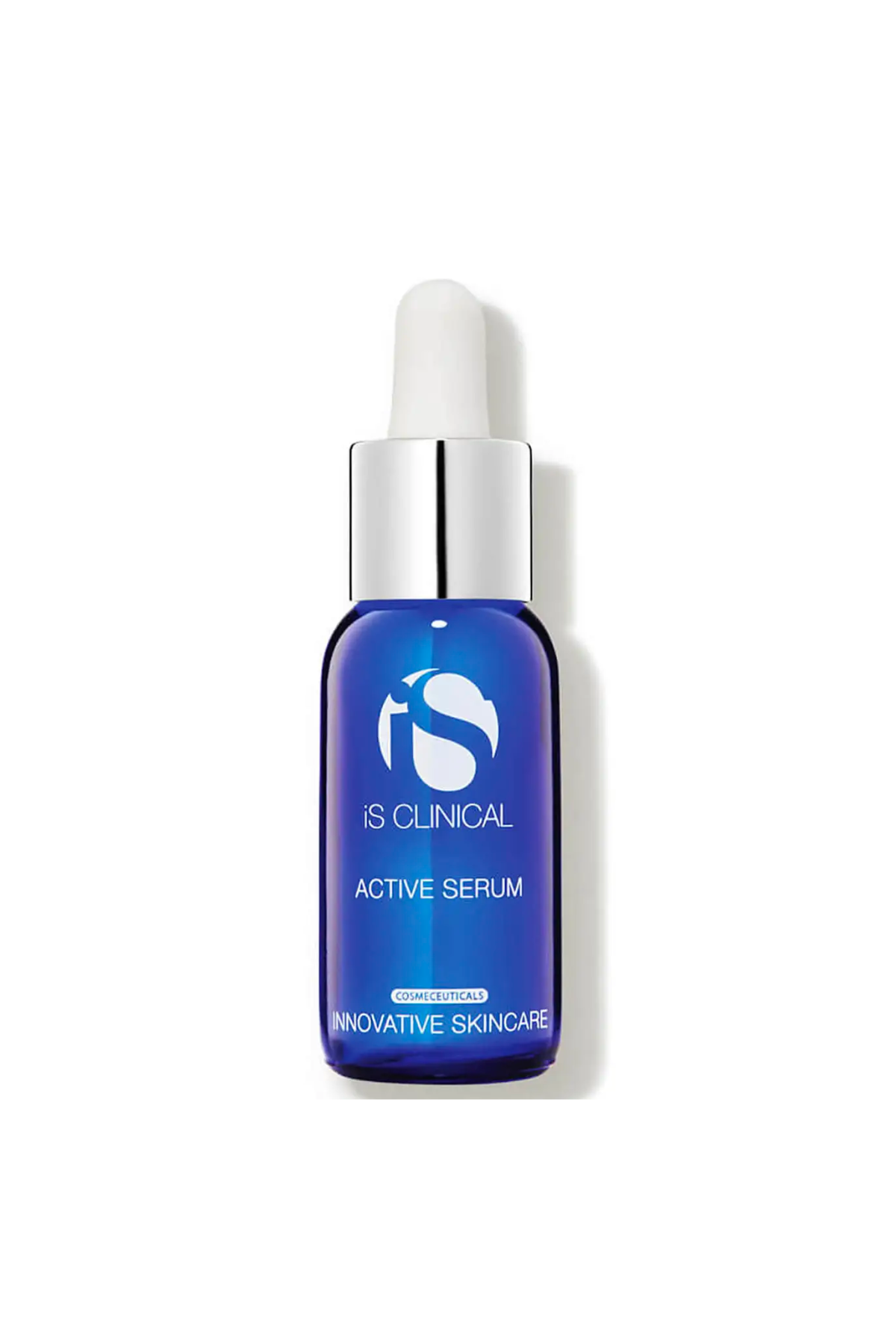
This medical-grade serum is a powerhouse on many levels, working to combat blemishes, dullness, and visible signs of aging. Its impressive ingredient list includes bilberry, a natural AHA exfoliant with moisturizing properties, and mushroom, a natural antimicrobial to help brighten your overall complexion.
Pros: A do-it-all pick
Cons: None
Customer Review: "Love this stuff. It is pricey, but totally worth it. My skin is on the drier side and I have mild rosacea/sensitive skin. This really helps with uneven skin texture and does not irritate my skin in any way. I apply on the nights I don't use my tretinoin. Some times I will apply in the mornings, though! Either way, I love it." — Dermstore
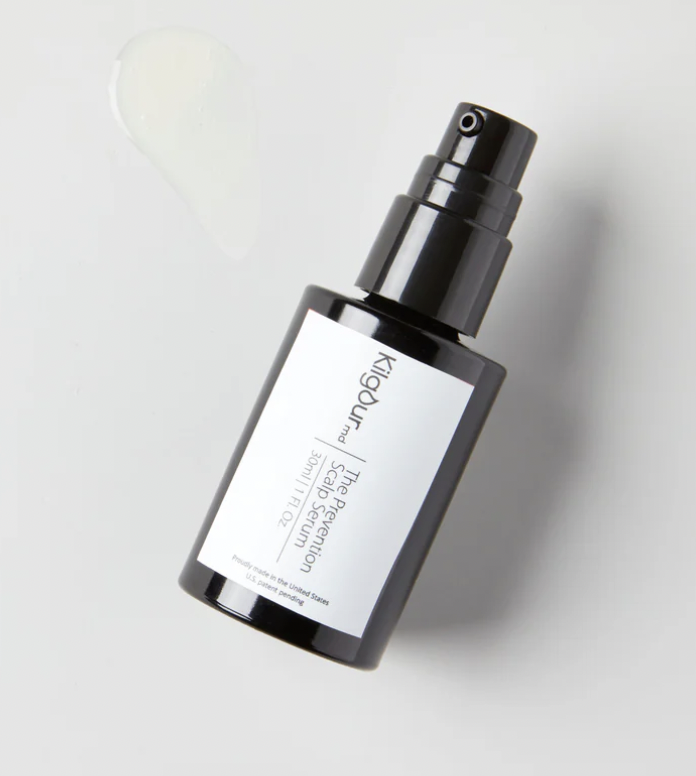
Men get all the attention regarding hair loss, but women suffer, too. In fact, by age 50, up to 40 percent of women will have noticeable hair loss. The good news is, there's help. This scalp serum repels stress and stimulates hair growth (for all genders and ethnicities), blocking DHT—the hormone that causes hair loss—in its tracks. And if that's not enough, it reduces hair loss by 30 percent within two months of daily use.
Pros: No greasy residue
Cons: None
Customer Review: "Skeptic turned believer - after 6 weeks of using the prevention my hair is visibly looking healthier, thicker, shinier. I had my hair cut today and my usual hair dresser wants to start stocking this!" — KilgourMD
Meet the Experts
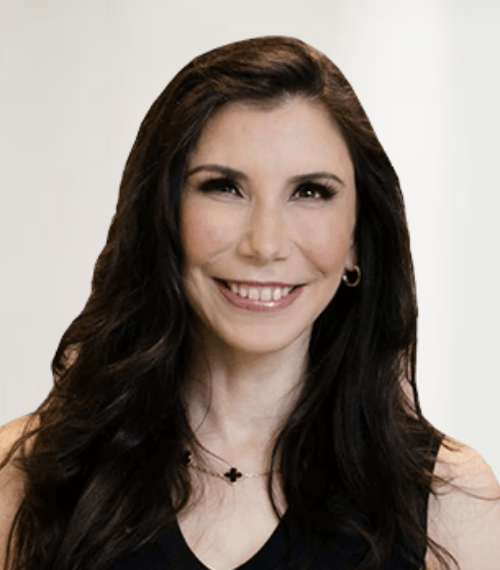
Dr. Jennifer Levine is one of only a few surgeons who are double-board certified by the American Board of Facial Plastic and Reconstructive Surgery, and the American Board of Otolaryngology-head and neck surgery—giving her a unique knowledge of the face and its underlying structures.
Her philosophy is that every individual has the right to results that enhance one’s appearance, not create a new face. To bring harmony to their facial features, Dr. Levine works closely with each patient to develop an individualized treatment plan that focuses on their needs and unique facial features.
She is an expert in the latest invasive and non-invasive anti-aging treatments that help achieve and maintain the look patients have always wanted.
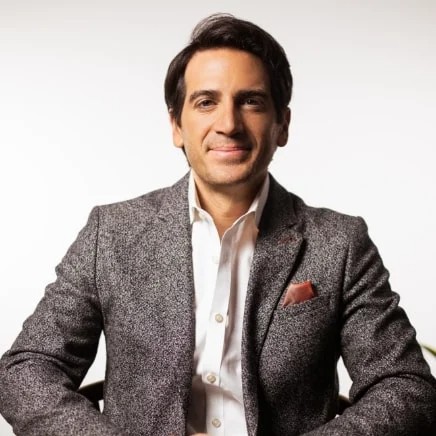
Dr. Ira L. Savetsky is a board-certified plastic surgeon who specializes in aesthetic surgery of the face, nose, breasts, and body. His background includes an unrivaled level of education and training in aesthetic procedures, as well as reconstructive, microvascular, and craniofacial surgery. Dr. Savetsky has trained with pioneers and leaders in plastic surgery at some of the most prestigious medical institutions in the world. In addition, he completed a highly competitive plastic and reconstructive surgery residency at the NYU Hansjörg Wyss Department of Plastic Surgery — ranked as the number one training program in the country. Dr. Savetsky is also one of few plastic surgeons in the country to undergo additional fellowship training in advanced aesthetic surgery at the Dallas Plastic Surgery Institute, particularly in facelift surgery and rhinoplasty. This institution is widely regarded as the top aesthetic surgery fellowship internationally.Dr. Savetsky is extensively published, authoring over 50 peer-reviewed publications in top plastic surgery journals and over 30 book chapters in popular cosmetic surgery textbooks. He is also an editorial board member of Plastic and Reconstructive Surgery, the number one academic journal in plastic surgery. With immense dedication to the field, Dr. Savetsky lectures and moderates at numerous plastic surgery meetings and has been recognized with various awards, including the Aesthetic Surgery Education & Research Foundation Grant and the Snyder Award for “Best Paper” at the Plastic Surgery Research Council annual meeting. In addition, Dr. Savetsky serves on multiple committees — including the educational committee, where he helps develop the aesthetic face curriculum for the annual plastic surgery meeting of the American Society of Plastic Surgeons (ASPS).
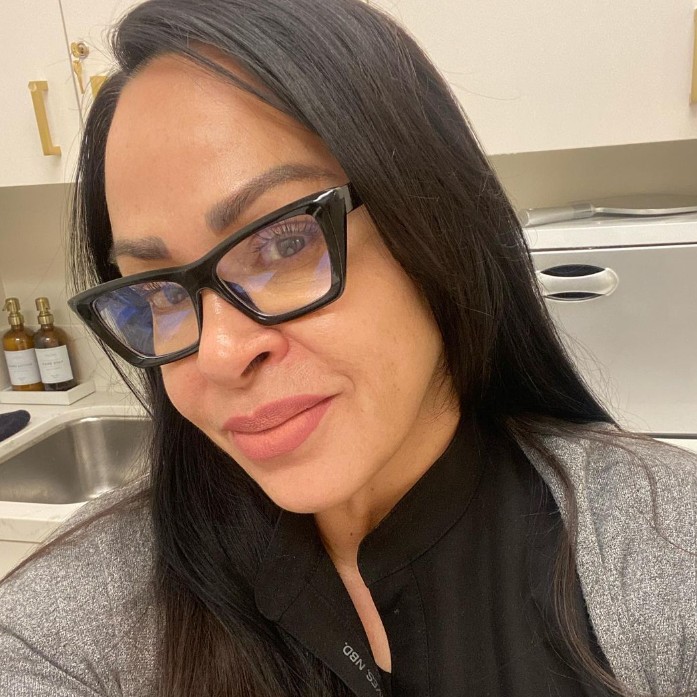
Magdaline Granados is a master esthetician and medical aesthetics/faculty trainer who specializes in microneedling, AnteAGE, dermaplaning, peels, Diamond Glow, microderm, and personal treatment plans.
Get exclusive access to fashion and beauty trends, hot-off-the-press celebrity news, and more.

Sophia Vilensky is a Freelance Beauty Writer at Marie Claire with a beauty, wellness, and entertainment journalism portfolio that includes contributions to Byrdie, Bravo, Teen Vogue, and Us Weekly. Growing up in a family of beauticians—and through her own personal studies—she developed an in-depth understanding of aesthetics, cosmetic product formulation, and beauty treatment development and has also held roles as a senior copywriter, content strategist, and proofreader for top beauty and wellness brands. Even so, you'd be hard pressed to find her with her hair and makeup actually done. Sophia is based in Minneapolis and is a 2019 graduate of the University of Minnesota, where she majored in English and minored in cinema studies. During her time at the university, she was the Arts & Entertainment Editor for the Minnesota Daily, earning the 2019 Editor of the Year award for her work. She connected deeply with the Twin Cities arts scene, collaborating with leading beauty professionals, designers, and artists. Graduating Summa Cum Laude, her thesis—a close-reading of Vanderpump Rules—was featured on NPR. When not immersed in writing or testing new products, Sophia enjoys watching reality TV, reading, and exploring the newest woo-woo wellness trends. Keep up with her on Instagram @sophiavilensky.